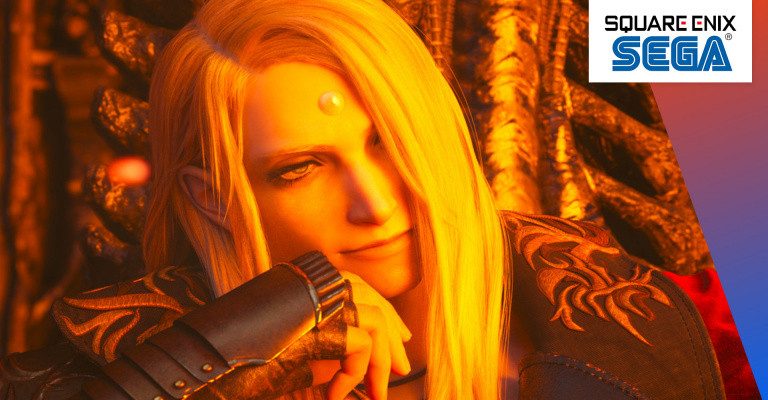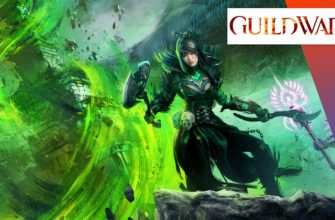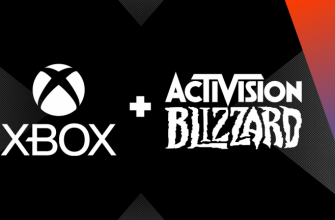The subject of NFTs, these digital objects authenticated by the blockchain, seem to be a groundswell throughout the industry. Epic Games is building its metaverse, said it supports NFT-related gaming projects, and many companies are now revealing their intentions, which gives rise to many debates.
At present, the public speaking mostly seems to reject the principle, which did not prevent Peter Molyneux from sell NFT for over $ 50 million based on digital plots for his Legacy project. At the dawn of the new year, two new editors, Japanese in this case, have unveiled their intentions regarding NFTs, with two very different approaches.
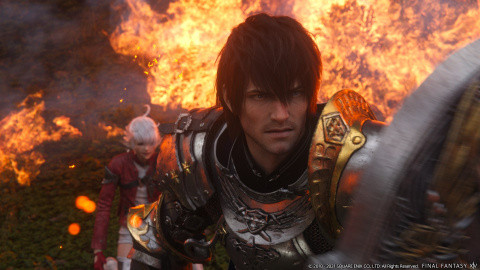
The first company we are going to talk about is Square Enix, the publisher behind the Final Fantasy, Tomb Raider, Just Cause, Dragon Quest, NieR or Life Is Strange license. In his letter of greetings, mainly intended for investors, CEO Yosuke Matsuda, has shown genuine interest in NFTs, metaverse, blockchain, and play-to-earn games (play to win). For him, all these elements have their place in the industry, and titles incorporating NFTs should be at the heart of Square Enix’s strategy in 2024. He sees a potential autonomous growth for the games concerned, the possibility of reward the investment and creativity of the players, but declares to be aware that many players remain skeptical:
I see 2024 not only as “Metaverse: Year One” but also as “NFT: Year One” given that it was a year in which NFTs were greeted with great enthusiasm by a user base in rapid expansion. However, here and there we see examples of overheated trading of digital goods based on NFTs, with somewhat speculative connotations, regardless of the observed value of the content provided. This is obviously not an ideal situation, but I expect to see possible regulation (appear).
I am aware that the people who “play for fun”, and who form the majority of players, have expressed their reservations about these new trends and that is understandable. However, I am convinced that there are a number of people whose motivation is to “play to contribute”, and by that I mean to help make the game more exciting. The traditional game offered no explicit incentive for this latter group of people, who were motivated strictly by personal feelings such as goodwill and the spirit of volunteerism. (…)
User-generated content (mods, note), was created solely because of the desire of individuals to express themselves, not because there was an explicit incentive to reward them for their creative efforts. User-generated content (mods, note), was created solely because of the desire of individuals to express themselves, not because there was an explicit incentive to reward them for their creative efforts.
If Square Enix’s intentions are clear, those of SEGA still seem unclear. Editor and major player in the arcade for decades, SEGA recently spoke about NFTs in a question-and-answer session with investors. The publisher is not closed to the question, but has chosen not to choose. For now, SEGA wants to experiment with several things, but “nothing is decided at this stage”.
In terms of NFT, we would like to try various experiments and we have already started different studies and considerations, but nothing is decided at this stage regarding Pay-to-Earn. There have been a lot of announcements about this already, including overseas, but there are some users who react negatively at this point. There are many things that we need to carefully assess, such as how we can mitigate the negative elements and how far we can bring this into Japanese regulations, what will be accepted and what will not by users.
Then we’ll look at this in more detail if it leads to our mission “Constantly Creating, Forever Captivating”, but if it’s seen as just making money, I’d like to make the decision not to not move forward, said Haruki Satomi, a member of the group’s management.
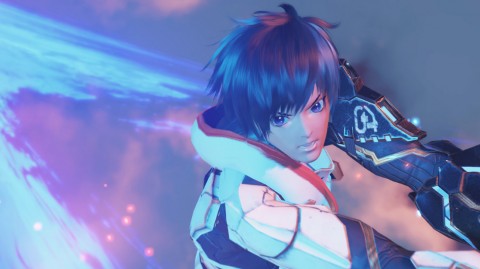
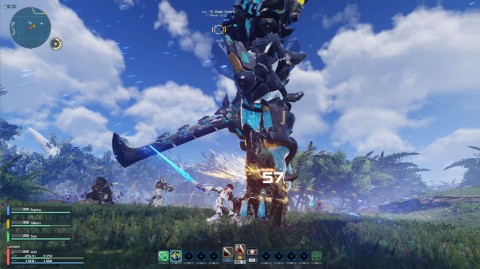
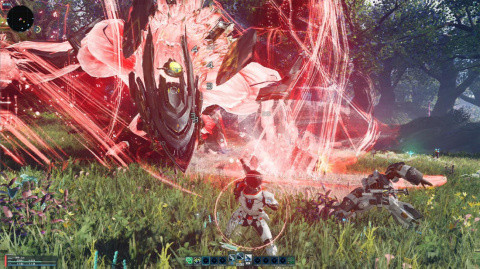
In other words, the editor judge not having enough perspective on the phenomenon to make strong announcements, and unveil a solid strategy. The question of law is at the heart of the subject, like the real interest of NFT within developed games. For the moment, the idea is therefore to observe, while waiting eventually introduce play-to-earn mechanics that go beyond the mere lucrative dimension. Obviously, the questions then turned to the metaverse, evoked by Facebook, Epic Games, Google, and many other companies:
As for defining “metaverse”, I see it as a place where people come together and communities are generated. For example, I think the reason “Fortnite” and “Animal Crossing” are defined as metaverse is that a lot of people congregate there, and community is generated there. Therefore, I think it is important that the license itself is well established and well received by many users. However, I believe that the goal is not to create a Metaverse, but the most important thing is to create a high quality game. We want to make the “Super Game” a universal and multiplatform game with its network and its community.
Super Game is a game with very big ambitions, expected around 2026 or 2027, for which SEGA has signed a collaboration agreement with Microsoft. The title will indeed use cloud technologies and Microsoft’s Azure servers, but SEGA has already indicated that this should not translate into any exclusive status.

